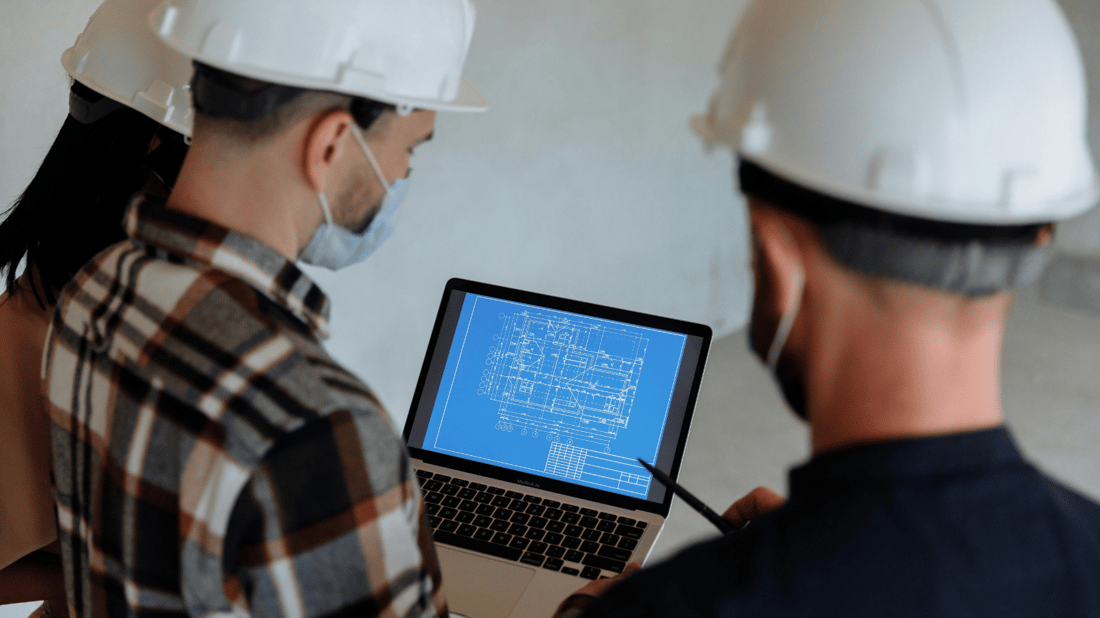Introduction: Why Electrical Inspections are Important
Electrical inspections are routine checks carried out by licensed inspectors to ensure that all electrical systems within a building are safe, up-to-code, and free from defects. These inspections are critical for preventing electrical fire hazards that could pose a significant danger to human life and property. If you're planning to buy a new home, renovating an existing one, or just want to ensure the safety of your family, getting an Electricals inspection is a wise move.
Identifying Electrical Hazards
An electrical inspection will assess the condition and performance of your electrical wiring, devices, components, and systems. This will include checking for potential hazards such as overloaded circuits, exposed wires, loose or damaged connections, and outdated or unsafe electrical equipment. The inspector will also ensure that all electrical systems are properly grounded and bonded to prevent electrical shock and fire.
Ensuring Code Compliance
As regulations and safety standards for electrical systems change over time, it's important to ensure that your electrical systems conform to the latest codes in your area. An electricals inspection will confirm whether your wiring and electrical devices comply with the latest standards. Any deviations or issues will be flagged by the inspector, who will then provide recommendations for bringing your systems up-to-code.
Checking Electrical Equipment and Appliances
The inspector will examine all electrical equipment and appliances within the building, including machines, motors, and lighting fixtures, to ensure that they are functioning properly and are installed correctly. Testing devices will be used to determine the electrical load, voltage, and current at various points in the system, and any issues will be reported.
Assessing Electrical Performance and Efficiency
An electricals inspection can also evaluate the performance and efficiency of your electrical systems. The inspector will evaluate energy usage, identify areas of waste, and suggest methods for improving energy efficiency, which could help reduce your energy bills and minimize your carbon footprint in the long term.
Estimating Maintenance Costs
An inspection report from a licensed electrician can provide an estimate of maintenance requirements over the life of your electrical system. This allows you to anticipate and budget for future costs associated with electrical maintenance, repairs, and upgrades. This will also help you to ensure you are meeting the requirements for any insurance policies.
Providing A Safe Environment for Your Family and Employees
The safety of your family members or employees is of utmost importance. During an electricals inspection, the inspector will look for any potential issues, hazards, or damages that could cause harm to the people in your building. Additionally, inspections can help identify opportunities to improve the safety of your premises, such as by installing additional smoke or carbon monoxide detectors or ensuring your electrical systems meet specific safety concerns unique to your property.
Ensuring the Saleability of the Property
Many homeowners assume that an electricals inspection is an unnecessary expense. However, getting one completed can make your home more enticing for potential buyers if you ever plan to sell in the future. A thorough electricals inspection report shows that your home is well-maintained and has no underlying issues, providing a valuable incentive for potential buyers who are looking for a safe and reliable investment.
Providing Proof of Compliance
In some areas, on top of safety regulations, insurance companies may require proof of electrical inspection and compliance in order to offer you coverage or reduce your premiums. Once an electrical inspection is completed, you may be asked to provide a copy of the report which includes your systems' compliance status. This report will not only protect the occupants of your property, but the property itself as well.
Planning for Future Upgrades and Renovations
An electrical inspection can help identify potential issues and provide recommendations for future upgrades or changes to your electrical system, giving property owners a potential “heads up” on long-term maintenance requirements or opportunities for expansion in the future. Information such as this may not only help improve safety and efficiency, but can assist in planning for future electrical system renovations without surprises down the line.
Conclusion
No matter what your motivations are for scheduling an electricals inspection, make sure you choose a licensed electrician who's experienced and qualified to handle the job. A reputable electrician should provide detailed inspection reports, offer suggestions for remedying any identified issues, and share tips for keeping your electrical systems safe and efficient in the long-term.

